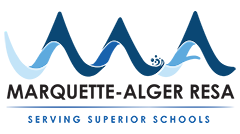Making Healthy Connections
Assessment
-
Michigan Profile for Healthy Youth (MiPHY) - The MiPHY provides student results on health risk behaviors including substance use, violence, physical activity, nutrition, sexual behavior, and emotional health in grades 7, 9, and 11. The survey also measures risk and protective factors most predictive of alcohol, tobacco, and other drug use and violence. MiPHY results, along with other school-reported data, will help schools make data-driven decisions to improve prevention and health promotion programming.

- Youth Risk Behavior Surveillance System (YRBSS) - The Youth Risk r Surveillance System (YRBSS) is a set of surveys that track behaviors that can lead to poor health in students grades 9 through 12.
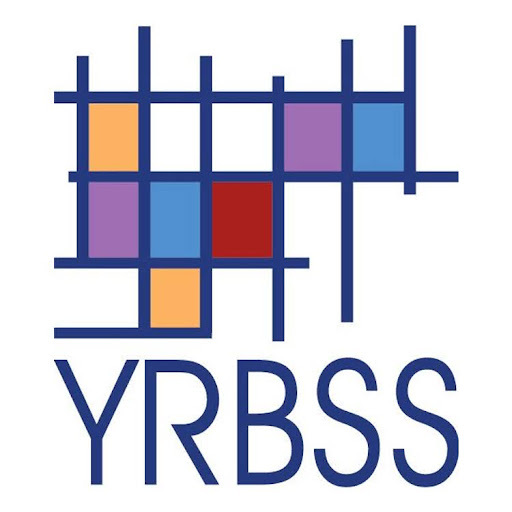
- Healthy School Action Tool (HSAT) - Comprehensive tools designed to help Michigan schools and districts create a culture that supports learning by first measuring the health of school environments, and then planning and implementing improvements based on best practices.

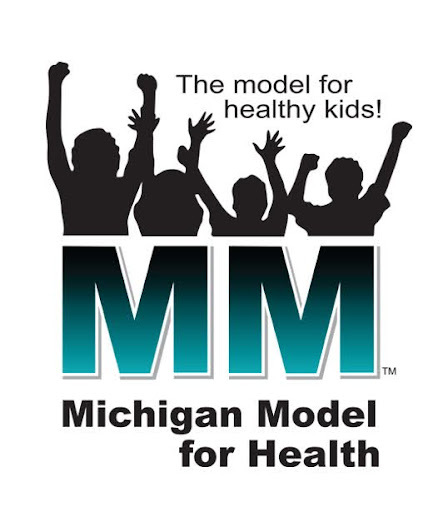
Social Emotional Learning (SEL) and Positive Behavioral Interventions and Supports (PBIS)
Social Emotional Learning (SEL) and Positive Behavioral Interventions and Supports (PBIS) is an integral part of the MTSS process.
-
SEL intervention is driven by data retrieved from SEL assessments and progress monitors, and SEL components can be embedded into academic content.
-
As part of an MTSS framework, PBIS can help educators build an awesome school culture and address behavioral challenges in a positive way.
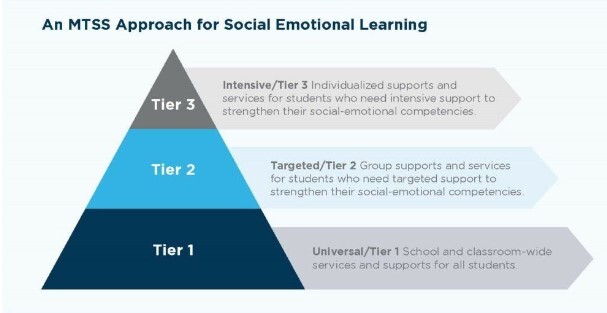
Health and Continuous Improvement
The focus of continuous improvement must lie within a framework that acknowledges the importance of a systems approach to Whole Child Health.
- Continuous improvement targets that reflect non-academic areas that influence academic achievement.
- Improvement plans that consider systems necessary to support high-quality implementation of actions and high levels of student outcomes.
- A commitment to understanding students through lenses that consider not only needs, but also assets.
-
Sample Whole Child Health Goal #1: Our goal is to improve access to social and emotional learning opportunities aligned with the tenets of the ASCD Whole School, Whole Community, Whole Child Initiative (WSCC) for staff, students, and parents as measured by discipline referrals decreasing by X% by X/X/XX. OR
-
Sample Whole Child Health Goal #2: Our goal is to improve access to social and emotional learning opportunities aligned with the tenets of the ASCD Whole School, Whole Community, Whole Child Initiative (WSCC) to staff, students, and parents as measured by academic achievement increasing by __% by X/X/XX.
-
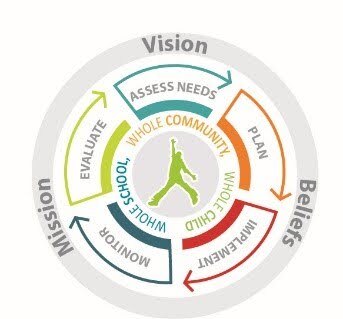
Professional Learning Opportunities
Contact Kelly Sager at ksager@maresa.org or (906)-226-5143 to learn more about training opportunities.
